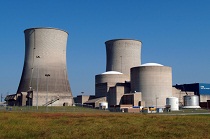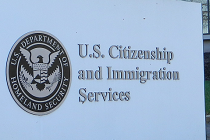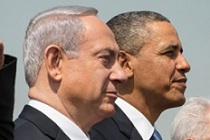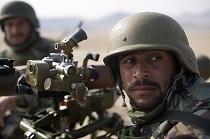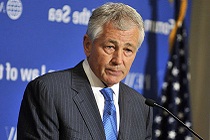The energy behind Kerry’s visit
India-U.S. bilateral trade stands to benefit if U.S. Secretary of State John Kerry is able to seek clarification on the specificities of the Civil Liability for Nuclear Damage Act and alleviate the worries of American energy companies which fear paying monetary damages without limit in the event of a nuclear accident

